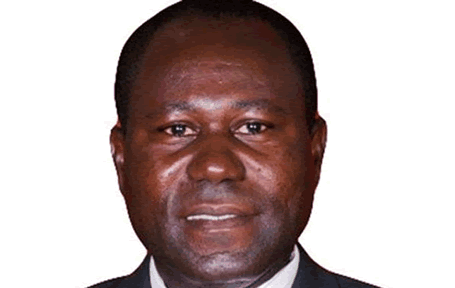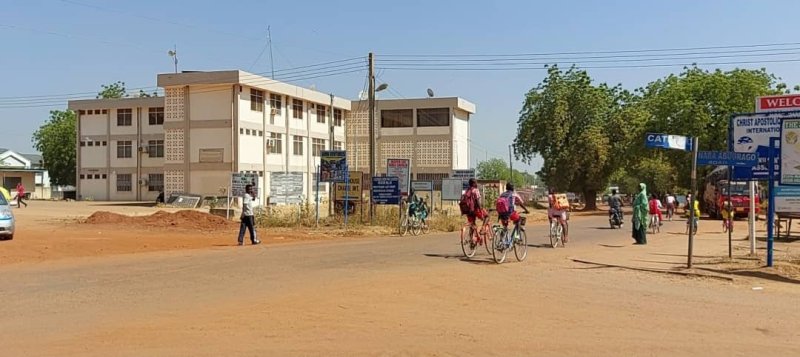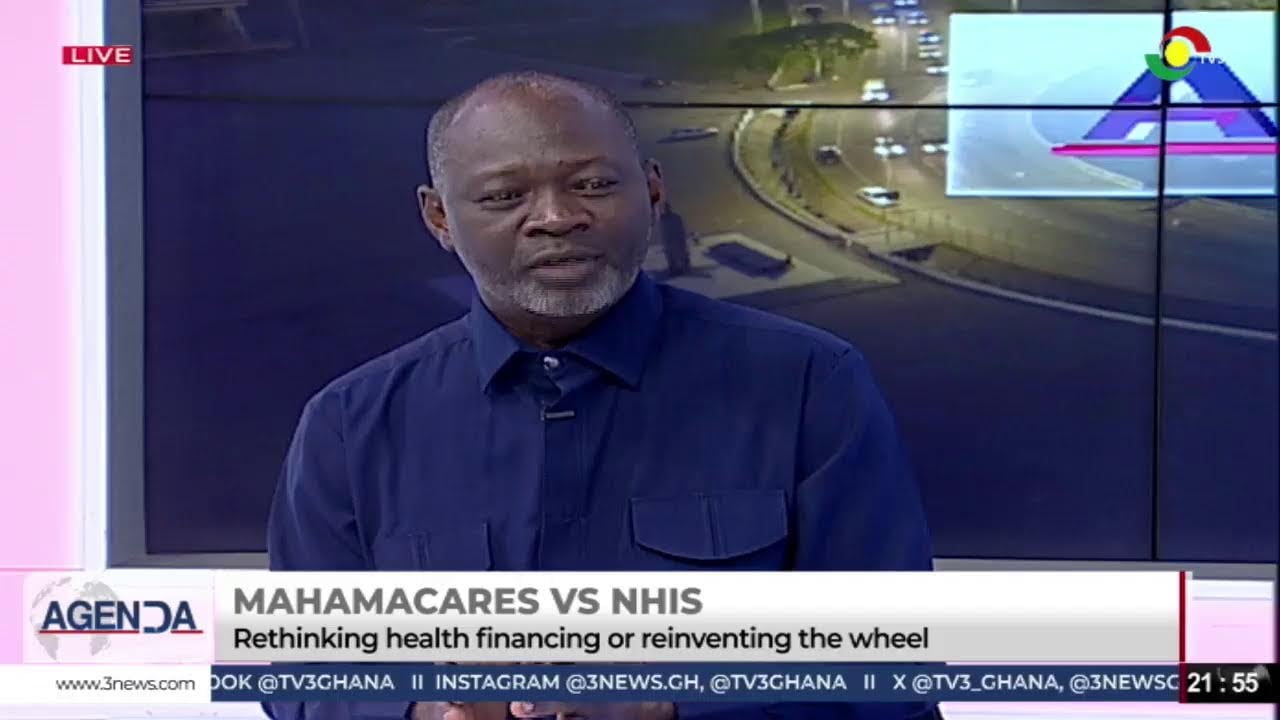
By Kizito CUDJOE
Petroleum revenues fell by more than half in the first six months of 2025, dropping 56 percent year-on-year to US$370.6million amid a double blow from declining crude oil output and weakening global prices, according to data from the Bank of Ghana (BoG).
This development marks a steep reversal from the same period in 2024, when receipts stood at US$840.8million.
The slump, as captured in the ‘2025 First Half Semi Annual Report’ by the central bank. was driven primarily by a 25.5 percent drop in the volume of crude oil lifted by the Ghana Group, from 3.77 million barrels in H1 2024 to just 2.81 million barrels in H1 2025, according to industry sources.
Compounding this decline, the average achieved price for crude oil also dropped – from US$84.08 per barrel to US$75.69 over the same period.
The development comes on the back of a strong showing in 2024 when the country recorded a 28 percent increase in annual petroleum receipts, reaching US$1.36billion – second-highest in the country’s oil-producing history. That boost, largely attributed to favourable global prices and a windfall in corporate income tax payments from international oil companies, masked the persistent decline of crude output and highlighted the country’s mounting reliance on external market dynamics.
Crude oil production has been on a downward trajectory since 2019, when output peaked at 71.44 million barrels. By the end of 2024, production had dropped to 48.25 million barrels; a 7.4 percent average decline over five years.
In the first half of 2025, the situation worsened due to operational disruptions including a 14-day shutdown of production activities (six days in March and eight in April), which further curtailed output.
These challenges were cited by the Technical Manager-Public Interest and Accountability Committee (PIAC), Mark Obeng Adu Agyemang, as key contributors to the revenue shortfall.
“Despite falling global prices, additional production-related issues this year – including unscheduled shutdowns – undermined output and, by extension, government revenue,” Mr. Agyemang said.
The collapse in receipts has reignited concerns over long-term sustainability of the country’s upstream oil sector. Despite repeated efforts by the Ministry of Energy to attract new exploration investment, no petroleum agreement was signed in 2024 – marking the fifth consecutive year without a new deal. The last agreement was inked in 2018.
This continued drought in exploration has alarmed sector watchers and civil society groups, including the Africa Centre for Energy Policy (ACEP), which argues that the lack of fresh investments could cripple future production and expose the economy to heightened revenue volatility.
The Policy Lead for Petroleum and Conventional Energy at ACEP, Kodzo Yaotse, said: “There has been a consistent decline in oil production for some time now”.
“In the past, high oil prices masked this trend. But now, with prices dropping and production still low, we’re seeing the full impact.”
Mr. Yaotse warned that the sharp decline in revenues will constrain government’s ability to fund critical development initiatives. “If you were expecting to allocate US$100million to support the ‘Big Push’ infrastructure programme, that’s not going to happen. You’re going to get less to work with,” he said.
With global oil prices expected to remain subdued amid geopolitical and market uncertainties, hopes are now pinned on a rebound in production for second half of the year.
PIAC and civil society organisations (CSOs) have long cautioned that without new exploration and field development agreements, the country’s oil economy could remain stuck in a cycle of decline.
The post Petroleum revenues slump 56% in first-half 2025, sharp decline reflects falling output, global price pressures appeared first on The Business & Financial Times.
Read Full Story






















Facebook
Twitter
Pinterest
Instagram
Google+
YouTube
LinkedIn
RSS